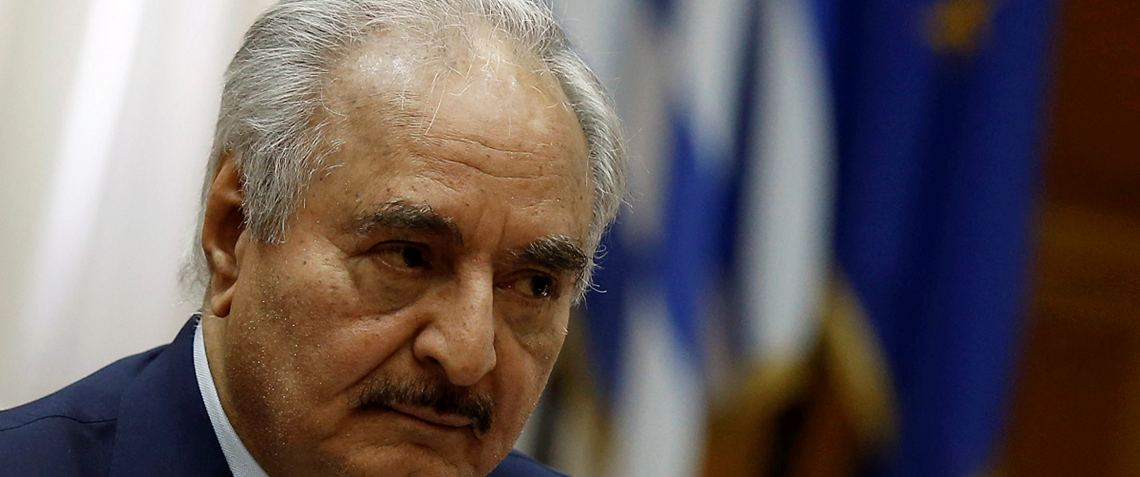Libya oil port shutdown drags on
A swift resolution to the blockade looks unlikely as fighting continues in Tripoli and the UN searches for a new mediator
Economic losses from the eight-week shutdown of Libya’s oil ports have passed $3bn and, with fighting raging in Tripoli and the resignation of the UN’s top mediator, the impasse looks likely to persist. Five eastern ports and three key south-western oil fields were shut on 17 January on the orders of general Khalifa Haftar’s Libyan National Army (LNA), which is backed by both the eastern government in Tobruk and local tribal leaders. The shutdown was in response to Ankara deploying Turkish troops and Syrian mercenaries to aid Tripoli’s Government of National Accord (GNA), which is defending the capital from an 11-month offensive by Haftar’s forces. Crude production reported by Libya’s sta

Also in this section
26 February 2026
OPEC, upstream investors and refiners all face strategic shifts now the Asian behemoth is no longer the main engine of global oil demand growth
25 February 2026
Tech giants rather than oil majors could soon upend hydrocarbon markets, starting with North America
25 February 2026
Capex is concentrated in gas processing and LNG in the US, while in Canada the reverse is true
25 February 2026
The surge in demand for fuel and petrochemical products in Asia has led to significant expansion in refining and petrochemicals capacities, with India and China leading the way







